Like every American Idol contestant, I decided to audition for the show in order to pursue my wildest dreams of making a career out of singing. As an out trans man, I hoped that I could follow my passion while also advocating for the transgender and queer communities. But when all was said (or sung) and done, I did not fit into the narrow narrative American Idol apparently wanted to portray.
Instead, I was faced with a cruel decision: Be a singer and lie about my identity, or give up the chance to finally pursue the career I've always wanted. Ultimately, I refused to relinquish my reality for the one producers wanted to portray. I left the audition devastated -- not because I was eliminated from the show, but because I was disappointed in the dishonest, damaging treatment of me, my partner, my story, and my community.

I have been a performer ever since I first learned how to speak. Music, especially singing, quickly became a passion that I pursued relentlessly. My childhood was filled with piano lessons, vocal lessons, choir, and theater. My voice was my pride. It carried me through some of the most difficult times of my life and eventually led me to study music in college.
As they do for many young adults, those years marked a time when I started to truly discover myself and the world of possibilities before me. For me, this meant exploring the depths of my queer identity. I soon recognized that my gender presentation didn't exactly align with my gender identity, but it took me longer to decide that I would pursue transition. I started to live more authentically by asking people in my life to refer to me by the name Collin and by using male pronouns, but I knew that I ultimately needed hormone replacement to feel complete in my transition and identity.
But as someone who took so much pride in their voice, I was terrified of the consequences my transition could present. I knew that my voice was going to change, but there was no way to know how I would sound once my voice had settled into its new lower register. After a few months with no audible changes, I started to notice that I couldn't hit the same high notes I used to, and my voice would have moments of instability. Eventually I lost complete control over my voice. My vocal range varied from minute to minute. I knew that if I wanted to keep singing, I had to fight to reinvent my developing male voice. I went back to the basics and taught myself how to sing with an entirely new set of tools.
By the time I got married last year, I'd learned how to use those tools quite effectively, if I do say so myself:
Collin's Performance from Ariel & Collin on Vimeo.
Which brings us back to this year, the final season of American Idol. When I decided to audition, I promised that I would remain authentic my truth, regardless of what the producers wanted that truth to look like on-camera. I knew going in that producers would be interested in exploiting my identity for the advantage of their show's ratings. While I was OK with the idea of my identity being an interesting feature of my story that could be highlighted on the show, I was concerned about it upstaging my voice.
And upon my audition, my written profile, where I outed myself as trans, quickly became the center of the producers' interest. I felt paranoia overwhelming me. What were their intentions? Were they attempting to make a mockery of me?
I lost count of how many times Idol producers attempted to pressure me into discussing my family history, even after I directly told them that subject was off-limits. My transition put a strain on many of the relationships in my life, including my relationship with my family. I could not say, on national television, that everything was hunky-dory between my family and me, or that they were always loving and supportive, because that is not the truth. I didn't want to lie to the thousands of transgender people who might watch my story. I wasn't willing to play into the current trend of televised trans stories featuring supportive families and warm-fuzzy endings. But at the same time, I wasn't interested in bad-mouthing my family or making them feel guilty about their experiences and feelings surrounding my transition.
Each time I answered a question about my identity or how I discovered and molded that central part of who I am, a producer would stop me and attempt to revise my answer with the response they apparently wanted on film.
I do not identify with either side of the male/female gender binary, I have never felt like I was in the wrong body, and I never "suffered" when I was presenting as female. But that was not the story these producers were interested in hearing. Throughout the interview, producers tried to "script" my story, asking me to say that I always knew I was a boy, and every moment that I was not living as a boy was torturous. While this may be true for many of my fellow transgender people, it is not true for me.
Producers encouraged me to speak for my family, my partner, and for the entire transgender population. I worked diligently to articulate my answers in such a way that they could not be manipulated or misrepresented with deceptive editing. I made every effort to speak only for myself and my own experience, acknowledging my privileges and individual perspectives.
Ultimately, I was censored to the point that I was not allowed to use specific terms that validate my life, love, and identity. I was told that I could not refer to my partner as my partner. Instead, I was told I must refer to her as my wife (we are legally married) or girlfriend. American Idol was only interested in presenting the story of a transgender person as they understood it should be told. They wanted me to compromise my identity and to shove the story of my transition to fit into a box that the media and society have created for understanding transgender lives.
Before getting to meet the celebrity judges, I was coached by the producers on how to introduce myself. I was instructed to casually out myself to the host of the show, Ryan Seacrest, and the celebrity judges. The producers made me repeatedly practice outing myself before I was sent in for my audition. Once I was in the room, I introduced myself to Keith Urban, Jennifer Lopez, and Harry Connick Jr. as I had been told.
Their reactions were not hostile, but they were predictable. J. Lo was the first to respond, attempting to compliment me by saying something along the lines of "I never would have known." The other two chimed in with overtures about how "courageous" I was. After I sang, the judges critiqued my performance, and I walked away from the show feeling used and cheated. This was supposed to be an opportunity for me to chase after my dreams -- instead, it became an opportunity for the show to bait my community and disrespect my story.
COLLIN EAGEN is an aspiring singer living in Colorado.
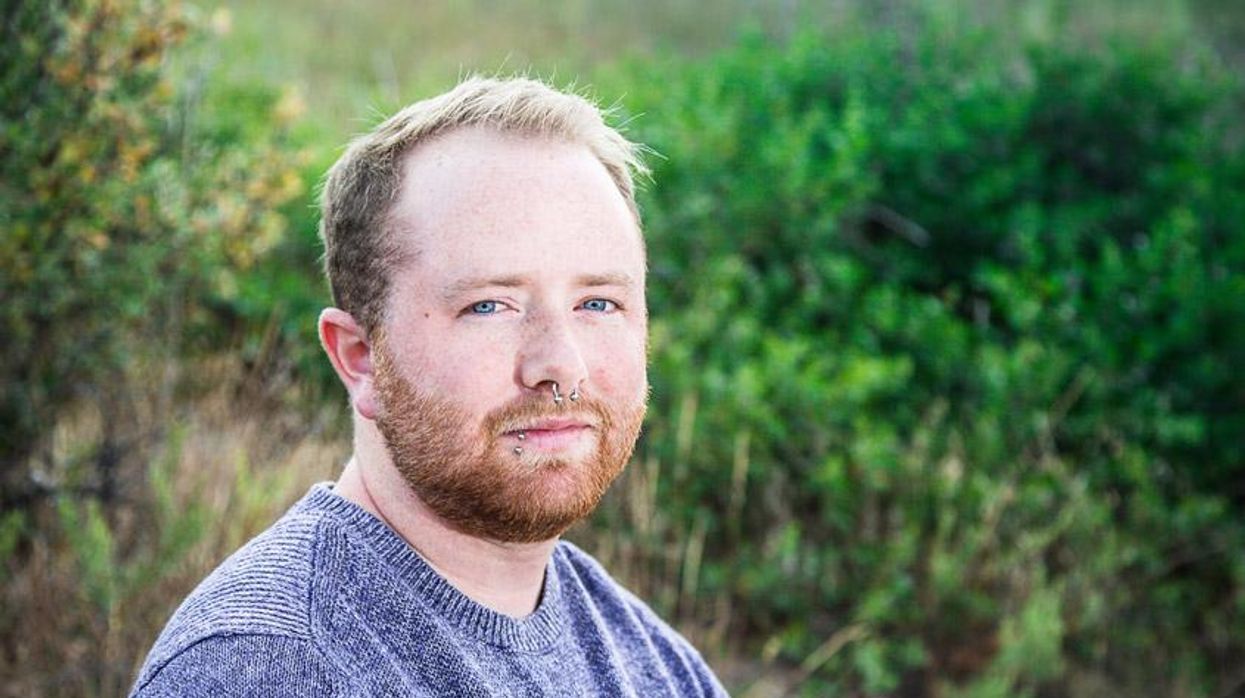

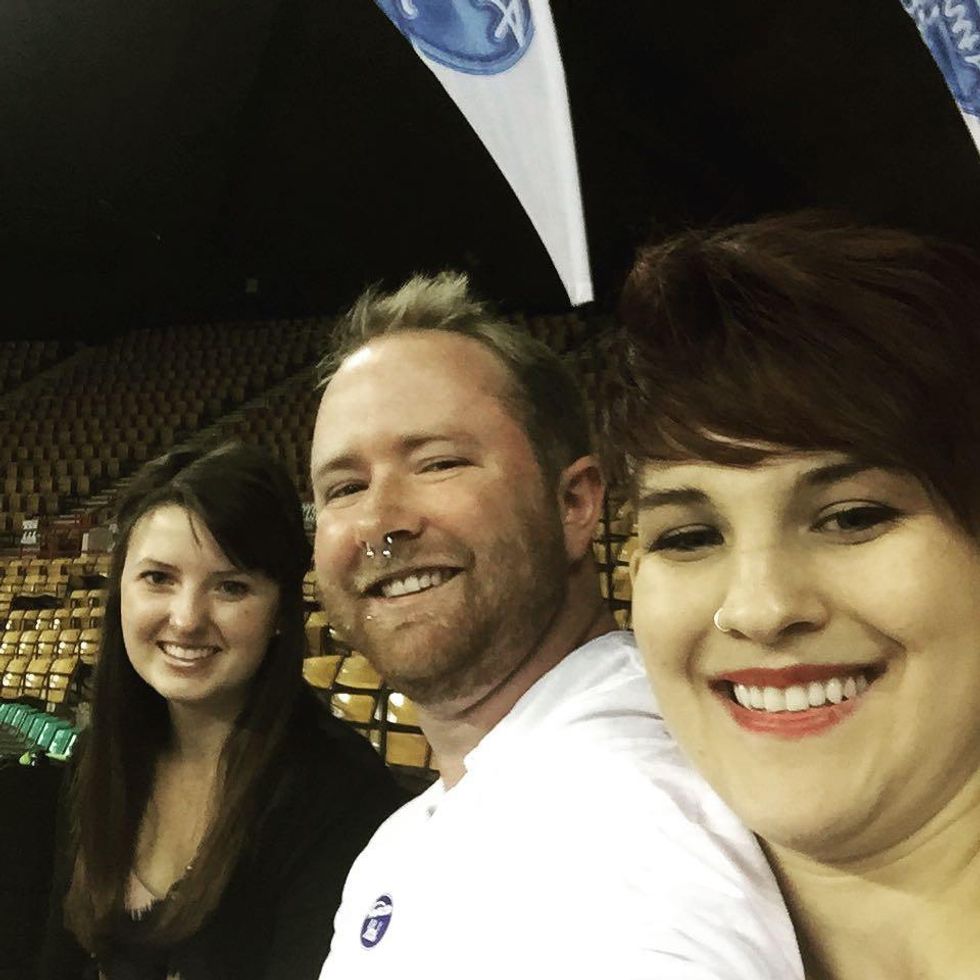




























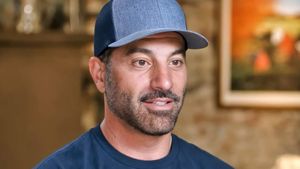

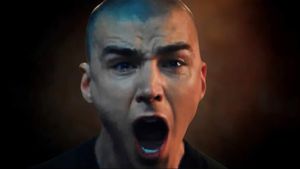







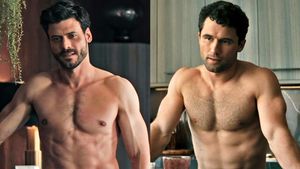











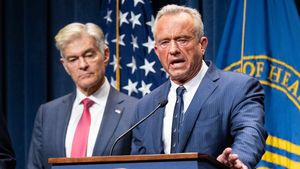


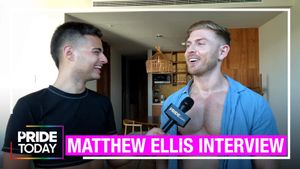

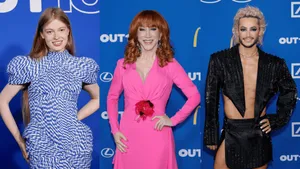


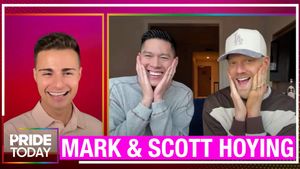

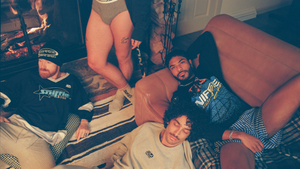
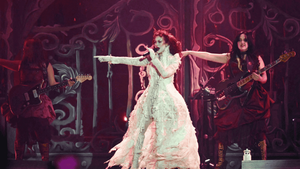




Charlie Kirk DID say stoning gay people was the 'perfect law' — and these other heinous quotes